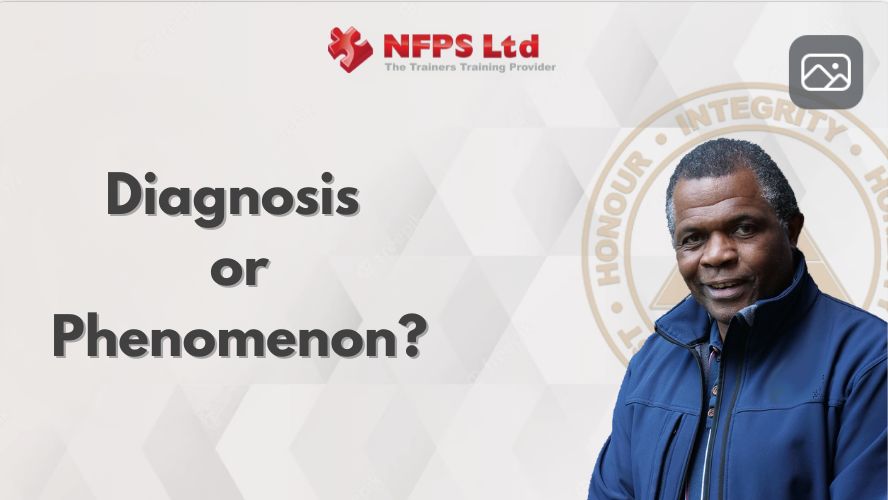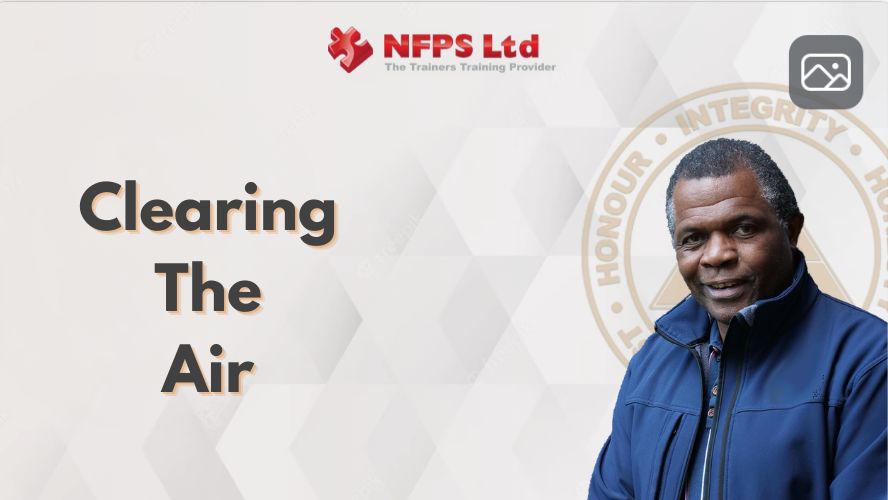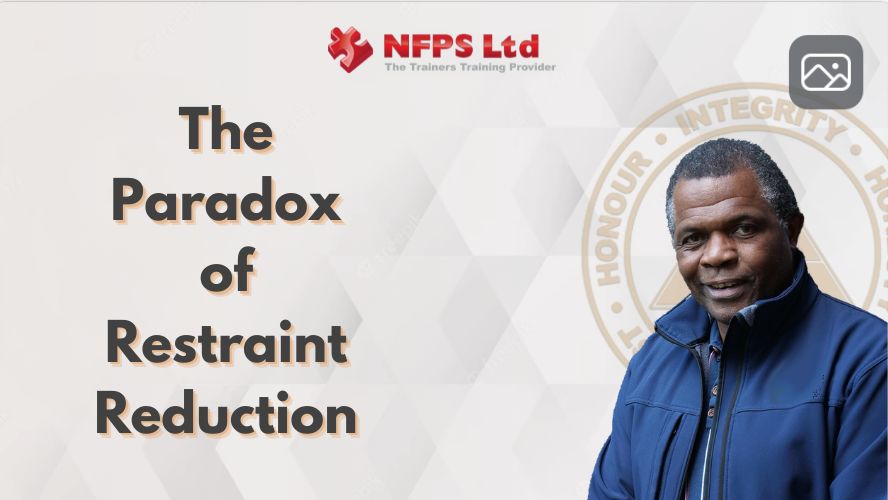Become a Qualified Trainer with NFPS Ltd
At NFPS Ltd, we’re proud to deliver BTEC-accredited trainer qualification courses that set the standard for excellence in training. With our comprehensive support, market-leading expertise, and the guidance of industry veterans like Trevel Henry, you’ll gain the skills, knowledge, and confidence to succeed as a certified trainer. Why Choose NFPS for Your Trainer Qualification? With over 30 years of experience, … Read more










